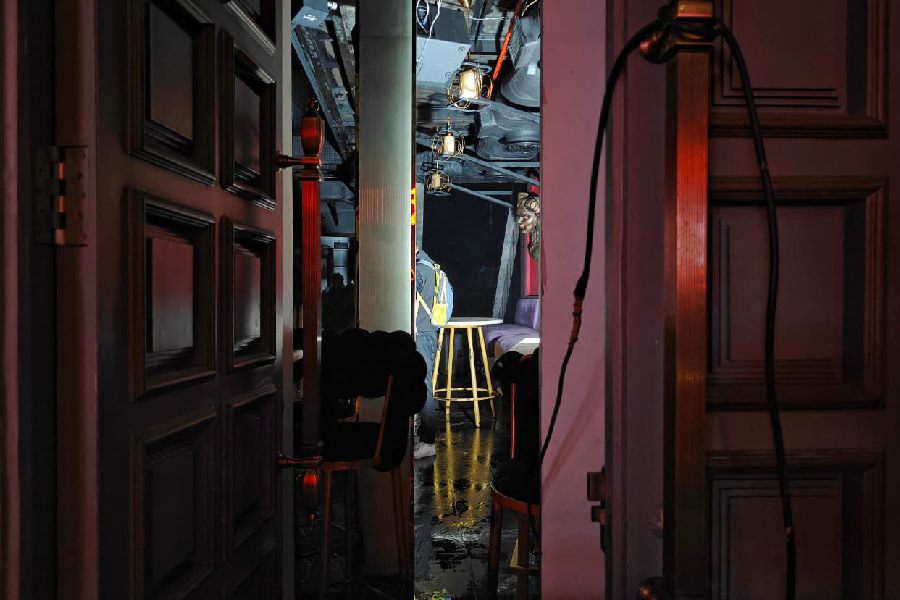 |
| Shoaib Iqbal |
Shoaib Iqbal has emerged as the lone flag-bearer of Nitish Kumar’s successful Delhi debut, at last.
Iqbal (54), representing the Matia Mahal Assembly constituency in Old Delhi for the past 20 years, has managed to retain it even during the clarion call for change by the Aam Aadmi Party (AAP) this year.
Iqbal, a proverbial turncoat, made his debut in the Delhi Assembly in 1993 on the ticket of the Janata Dal, which then had all the big guns — Lalu Prasad, Nitish Kumar, George Fernandes, Sharad Yadav and Ram Vilas Paswan together. When the Janata Dal split, Iqbal switched to Paswan’s Lok Janshakti Party, representing as its MLA in 2003 and 2008.
This year, Iqbal’s winning margin has been just above 3,000 much less what was 7,604 in 2008.
But Iqbal hates to be described as turncoat. “I have always been a practitioner of the philosophy of social justice and secularism. I have never been with the BJP. I have always remained in the socialist camp, championing the cause of social justice,” he said, adding he might support the AAP if necessary to form the government. “I have utmost faith in Nitishji’s leadership. Our party may think of supporting the AAP if the latter stakes its claim to form the government. It is a forgone conclusion that we will oppose the BJP and side with the secular forces,” Iqbal, an admirer of Lalu and Paswan till he joined the JD(U) ahead of the polls, said.
In Nitish’s presence, Iqbal joined the JD(U) on October 30, just over a month before Delhi voted for the new Assembly.
The JD(U) Rajya Sabha MP, Shabir Ali, who too had switched over to the JD(U) from the LJP, is believed to have played a key role in bringing Iqbal to its bandwagon. “Matia Mahal has 60 per cent population of Muslims, mostly poor workers. Iqbal has always stood with the community, fighting for their cause. He has been easily available and accessible to the people,” Shabir Ali, the Delhi JD(U) president, said, explaining the “secret” of Iqbal’s success.
Ironic]ally, Iqbal and his Matia Mahal voters had little connect with Bihar. While Iqbal is from western Uttar Pradesh, the seat he has won consecutively for the fifth term has relatively less Bihari population.
Iqbal’s victory, however, did not leave BJP leader Sushil Kumar Modi to be a mute spectator.
“There is nothing like Bihari pride, which Nitish Kumar argues for, in Iqbal’s victory from Matiah Mahal. Nitish campaigned in the Bihari-dominated Dwarka, Sangam Bihar, Okhla, Burari and Kirari where the JD(U) candidates have forfeited their security deposits. Two Biharis — Anil Jha and Sanjiv Jha — have won on the BJP and AAP tickets, respectively, in the Delhi elections ‘exposing’ Nitish’s ‘myth’ in Delhi,” he said.
Nitish retorted: “The BJP has resorted to what is known in Bihar as thethrology (irrational arguments). The AAP’s phenomenal victory has proved that the electorate has rejected the party (BJP) as an alternative to the Congress. The people will accept the third forces as alternative to the BJP and Congress. The writing on the wall is clear.”
In the 2003 and 2008 elections, the JD(U) contested the Delhi elections from 17 and 11 seats, respectively, but it could muster only 5,232 and 3,047 votes, respectively, in all.











